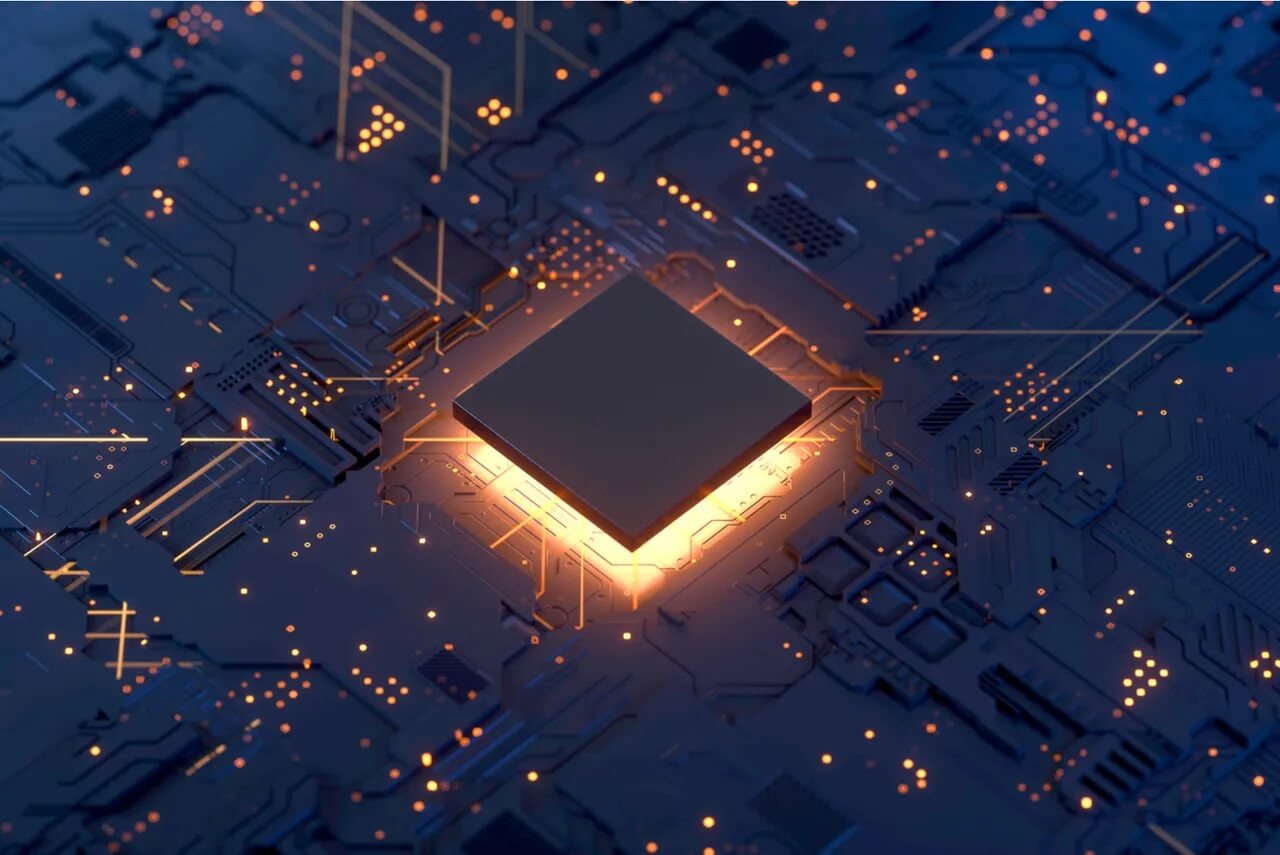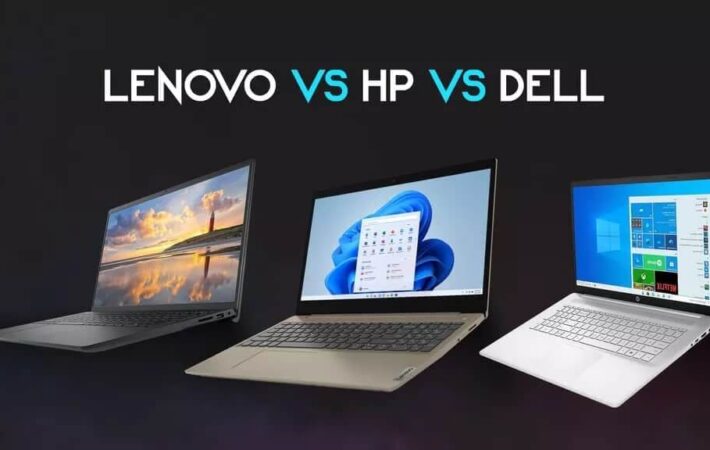The answer is a resounding “it depends,” mostly on how much you want to spend.
Two companies have dominated the desktop PC processor market for decades – Intel and AMD.
What is a CPU?
The processor – sometimes called the CPU or Central Processing Unit – is the brain of the PC, the place where much of the computational work is done (along with the GPU or Graphics Processing Unit).
The faster the processor, the faster the PC will usually be.
Both Intel and AMD have their fans, but beyond brand loyalty, are there any differences between the processors?
Well, yes… and no.
Let’s start with that no.
What’s the difference between AMD and Intel CPUs?
Take two PCs, one powered by an Intel processor and another by an AMD chip. Put them side-by-side, and functionally you will not see a difference.
They’ll both run Windows 11.
They both run your favorite Windows applications.
They’ll both run the games you want to play.
And unless you were to dig into the system settings (or you can open up the PC and take a peek at the CPU), you’re unlikely to be able to tell which PC is being powered by what processor.
It doesn’t matter
But that said, there are differences
Just because processors made by AMD and Intel are functionally similar, that doesn’t mean there aren’t any differences.
There are a lot of differences, from price to performance to which runs the coolest.
Let’s take a look at some of the main differences.
Which processor is faster?
Performance is something that can be measured, so you’d think this question would be easy to answer, but it depends on what you want to do with that power.
At the time of writing, the fastest desktop processor is the 64-core AMD Ryzen Threadripper Pro 5995WX. But this is a high-end desktop (HEDT) processor aimed at workstations running heavy workloads.
And it’ll cost you $6,499.
Scaling back our view to look at standard desktop processors, the crown goes to Intel’s 16-core Core i9-13900K, priced at a more reasonable $650. On the AMD front, the 16-core Ryzen 9 7950X is the fastest CPU, lagging behind Intel’s chip quite a bit, and that will set you back some $575.
So, the overall winner here is the Intel Core i9-13900K, and this is definitely the best choice for those looking for the best performance.
But if you’re gaming, things are a lot more complicated.
Which is better for gaming?
his is where things get murky, because it’s not just down to the speed of a processor.
As far as Intel CPUs are concerned, the fastest gaming chip is the Core i9-13900K, and you’d expect the Ryzen 9 7950X to be the best for gaming too.
But you’d be wrong.
The best AMD gaming CPU is the 8-core Ryzen 7 5900X3D, a chip that’s been optimized for gaming workloads that you can pick up for $380. And in gaming benchmarks, this chip is so close to Intel’s Core i9-13900K that you really need to ask yourself whether it’s worth spending that extra $270 to get a little more power.
So here, AMD definitely wins.
It’s not all about the CPU
It’s easy to think that all you need to build a fast PC is a fast processor.
This is incorrect.
A fast CPU is just the start, but without a fast motherboard, fast graphics card, and plenty of fast RAM, you can have all sorts of performance bottlenecks that can really impact the overall performance of the system.
A fast CPU is just the start. There’s no point dropping hundreds of dollars on a fast CPU if the other parts won’t be able to keep up.
Don’t overspend on a CPU and then cheap-out on the other parts.
- Phasellus vitae imperdiet felis. Nam non condimentum erat.
- Lorem ipsum dolor sit amet, consectetur adipiscing elit.
- Nulla tortor arcu, consectetur eleifend commodo at, consectetur eu justo.
- Sed viverra consectetur risus nec ultricies.
- Curabitur tincidunt tincidunt urna id maximus. Nam non laoreet mi, ut ultrices nibh.




Leave a comment
Your email address will not be published. Required fields are marked *